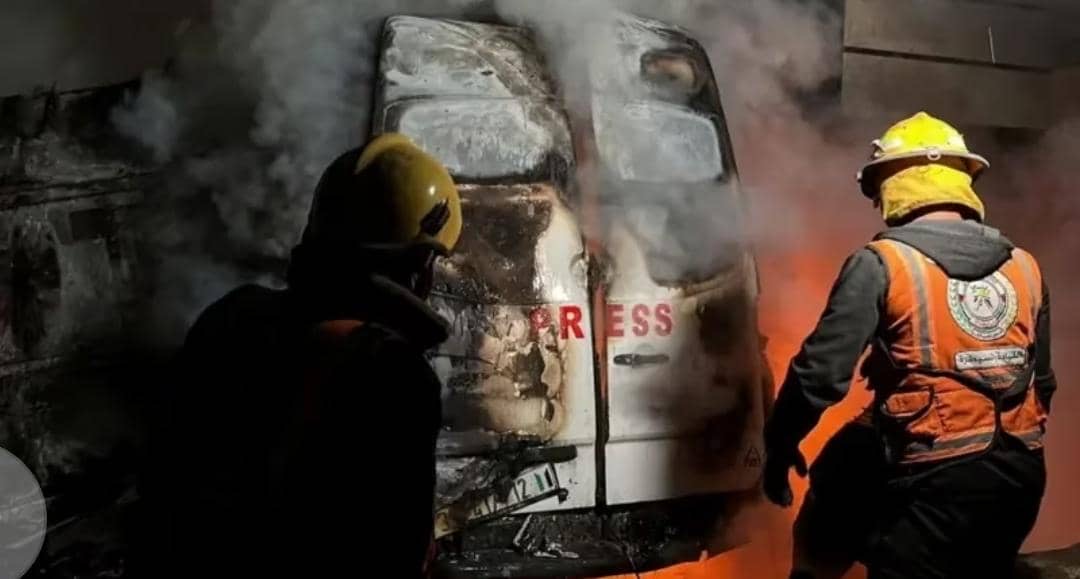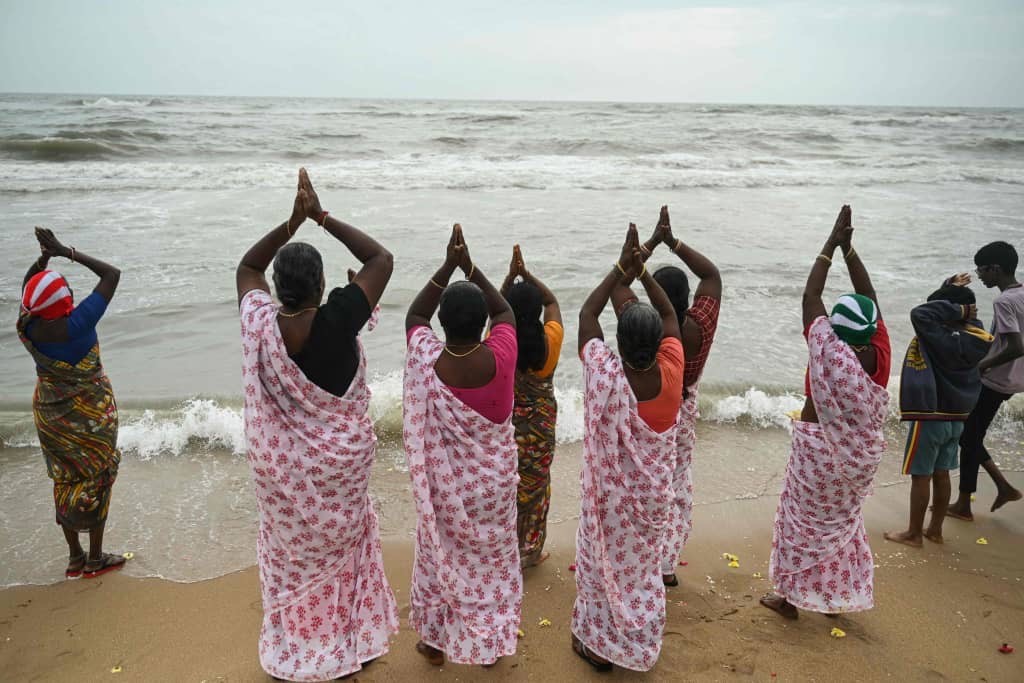THE year ahead is likely to hold better economic prospects than last year, the Namibia Economic Society (NES) believes.
NES President and prominent local economist Mihe Gaomab II told The Namibian that the country was likely to register a moderate Gross Domestic Product (GDP) growth of around three per cent for 2006. This figure is about the same as that of last year, when economic growth was estimated at a low three per cent by the Bank of Namibia, a major decline from the six per cent growth registered in 2004.These figures, however, fall way short of what is to be achieved for Vision 2030 – which aims at making Namibia an industrialised country – to be realised.The decrease in economic growth in 2005 was attributed to a fall in diamond production, on which the economy relies heavily.Gaomab said the biggest problem with Namibia’s economy was a lack of meaningful transformation.He said the country still relied on the primary sectors of mining and fishing; with the latter having experienced a downturn for more than a year.”Since Independence the economy has not been transforming.Diversification has not been coming on strong, although there have been efforts in agriculture and to a lesser extent in the manufacturing sector.When the diamond industry sneezes, the whole country catches a cold.”Gaomab was optimistic, however, that the fishing and tourism sectors were likely to recover this year, adding that there had been restructuring and a review of the fishing sector and that new mechanisms put in place, if implemented, would turn around the industry’s fortunes.He talked about improvements that are likely to come out of this year’s budget, saying there was ‘good fiscal prospects’ for the country.He said indications were that the Minister of Finance would ensure a balanced budget, but was quick to add that as long as the Government failed to contain its expenditure, such a positive prospect would not be realised.There are, however, divergent views that believe the budget will this year be a tight one and have negative effects and that the fishing industry will face another bad year due to the strong Namibia dollar.Another advantage for Namibia this year is that investment was likely to increase after the impressive Fitch Credit rating awarded to the country late last year.”Credit rating can increase the creditworthiness of a country and stimulate investment opportunities, but most importantly, it can reduce capital outflow that’s been going to South Africa and also deepen the local capital market as well as increase the necessary foreign exchange reserves of the country,” the NES President said.Moving to the international arena, Gaomab said it appeared that oil prices would remain high for some time and this would have implications on local inflation.He added that due to this, consumers should brace up for a further increase in fuel prices during the course of the year.Inflation was relatively low during 2005, averaging two per cent, but was foreseen to go up to around three per cent this year.Gaomab said his organisation would continue to do its advocacy work to bridge the gap between the economically informed and the uninformed.He also said the NES wanted to see growth in the economy on a broad base, so that the country’s wealth filtered down to all Namibians and not just a minority group, as was happening currently.Hence, he called for a pragmatic approach to broad-based black economic empowerment.Namibians, said Gaomab, had the right to know about economic matters that affect their lives and this was also a mandate of the NES to ensure that information was passed on.He said there was also a serious need for the nation to address poverty reduction and called on the Government to implement the Basic Income Grant – which aims at helping the poor – and to formalise property rights to increase tenure security.Gaomab called on the Government to speed up the land-reform process this year.He said, however, that this exercise must be conducted in a “gradual, broad-based and transparent” manner.On the thorny issue of high service fees charged by commercial banks, Gaomab said it was high time Namibia had a banking ombudsman – a watchdog which could ensure consumer protection.”We as NES say there is a need to look at the bank charges.The organisation has not done imperative studies on the matter, but we believe that the Bankers’ Association of Namibia and the Government should come together to resolve that issue amicably.”The NES has been in existence for the past 12 years, and it became a membership-based organisation in 1999.This figure is about the same as that of last year, when economic growth was estimated at a low three per cent by the Bank of Namibia, a major decline from the six per cent growth registered in 2004.These figures, however, fall way short of what is to be achieved for Vision 2030 – which aims at making Namibia an industrialised country – to be realised.The decrease in economic growth in 2005 was attributed to a fall in diamond production, on which the economy relies heavily.Gaomab said the biggest problem with Namibia’s economy was a lack of meaningful transformation.He said the country still relied on the primary sectors of mining and fishing; with the latter having experienced a downturn for more than a year.”Since Independence the economy has not been transforming.Diversification has not been coming on strong, although there have been efforts in agriculture and to a lesser extent in the manufacturing sector.When the diamond industry sneezes, the whole country catches a cold.”Gaomab was optimistic, however, that the fishing and tourism sectors were likely to recover this year, adding that there had been restructuring and a review of the fishing sector and that new mechanisms put in place, if implemented, would turn around the industry’s fortunes.He talked about improvements that are likely to come out of this year’s budget, saying there was ‘good fiscal prospects’ for the country.He said indications were that the Minister of Finance would ensure a balanced budget, but was quick to add that as long as the Government failed to contain its expenditure, such a positive prospect would not be realised.There are, however, divergent views that believe the budget will this year be a tight one and have negative effects and that the fishing industry will face another bad year due to the strong Namibia dollar.Another advantage for Namibia this year is that investment was likely to increase after the impressive Fitch Credit rating awarded to the country late last year.”Credit rating can increase the creditworthiness of a country and stimulate investment opportunities, but most importantly, it can reduce capital outflow that’s been going to South Africa and also deepen the local capital market as well as increase the necessary foreign exchange reserves of the country,” the NES President said.Moving to the international arena, Gaomab said it appeared that oil prices would remain high for some time and this would have implications on local inflation.He added that due to this, consumers should brace up for a further increase in fuel prices during the course of the year.Inflation was relatively low during 2005, averaging two per cent, but was foreseen to go up to around three per cent this year.Gaomab said his organisation would continue to do its advocacy work to bridge the gap between the economically informed and the uninformed.He also said the NES wanted to see growth in the economy on a broad base, so that the country’s wealth filtered down to all Namibians and not just a minority group, as was happening currently.Hence, he called for a pragmatic approach to broad-based black economic empowerment.Namibians, said Gaomab, had the right to know about economic matters that affect their lives and this was also a mandate of the NES to ensure that information was passed on.He said there was also a serious need for the nation to address poverty reduction and called on the Government to implement the Basic Income Grant – which aims at helping the poor – and to formalise property rights to increase te
nure security.Gaomab called on the Government to speed up the land-reform process this year.He said, however, that this exercise must be conducted in a “gradual, broad-based and transparent” manner.On the thorny issue of high service fees charged by commercial banks, Gaomab said it was high time Namibia had a banking ombudsman – a watchdog which could ensure consumer protection.”We as NES say there is a need to look at the bank charges.The organisation has not done imperative studies on the matter, but we believe that the Bankers’ Association of Namibia and the Government should come together to resolve that issue amicably.”The NES has been in existence for the past 12 years, and it became a membership-based organisation in 1999.
Stay informed with The Namibian – your source for credible journalism. Get in-depth reporting and opinions for
only N$85 a month. Invest in journalism, invest in democracy –
Subscribe Now!






